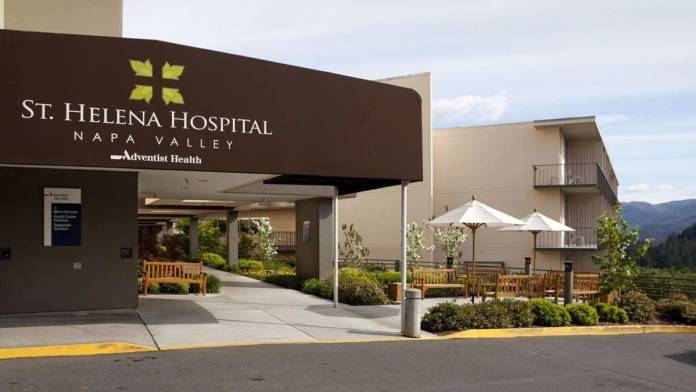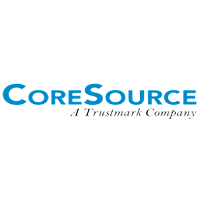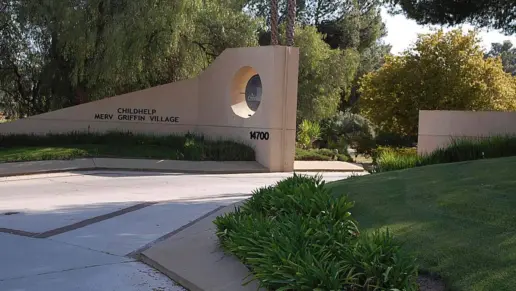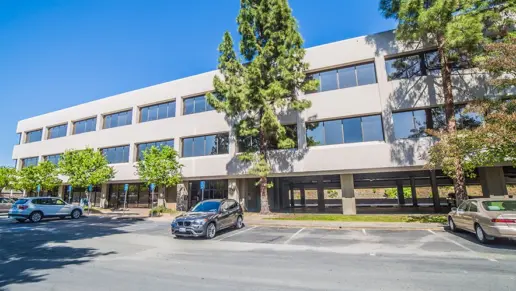About Saint Helena Recovery Center
Saint Helena Recovery Center is located in St. Helena, California.They are a faith based and 12 Step focused program that works with adults dealing with co-occurring disorders. They offer medically supervised detox, inpatient programs, aftercare services and medication assisted treatment using Suboxone.
Treatment at Saint Helena Recovery Center includes a detox service that is separate from the inpatient program and is coordinated with Saint Helena Hospital. This usually requires a stay of 2 to 5 days depending on the progress of the withdrawal period.
They provide a four week inpatient alcohol and drug rehab program in a private setting in the Napa Valley. The program focuses on different modalities such as individual and group therapy, personalized treatment planning and access to 12 Step meetings and educational workshops. Evidence based complementary services such as art therapy, animal therapy and leisure therapy are included. Suboxone induction and maintenance programs are available for eligible clients.
Upon discharge from treatment, clients are referred to aftercare groups that are facilitated by addiction counselors for one year. This program provides recovery focused life skills training and coping tools for avoiding triggers and maintaining a lifetime of sobriety.
Saint Helena Recovery Center will work with clients regarding insurance. Some or all costs of treatment may be covered by major insurance providers such as Humana, Aetna and Cigna. Contact your provider to verify coverage because out of network benefits can vary. They also accept Medi-Cal and have financial counselors available to assist with insurance benefits and different financing options.
Gallery

Location
Accepted Insurance

Other Forms of Payment
Private insurance refers to any kind of healthcare coverage that isn't from the state or federal government. This includes individual and family plans offered by an employer or purchased from the Insurance Marketplace. Every plan will have different requirements and out of pocket costs so be sure to get the full details before you start treatment.
Self-pay involves paying for treatment out of your own pocket. You can use savings or credit, get a personal loan, or receive help from family and friends to fund your treatment. If you don't have insurance or your insurance plan doesn't cover a specific program, self-pay can help ensure you still get the care you need.
Military members, veterans, and eligible dependents have access to specific insurance programs that help them get the care they need. TRICARE and VA insurance can help you access low cost or no cost addiction and mental health treatment. Programs that accept military insurance often have targeted treatment focused on the unique challenges military members, veterans, and their families face.
Addiction Treatments
Levels of Care
Treatments
The goal of treatment for alcoholism is abstinence. Those with poor social support, poor motivation, or psychiatric disorders tend to relapse within a few years of treatment. For these people, success is measured by longer periods of abstinence, reduced use of alcohol, better health, and improved social functioning. Recovery and Maintenance are usually based on 12 step programs and AA meetings.
Drug rehab in California teaches participants constructive ways to stay clean and sober. Treatment revolves around helping individuals stop using the substance they are addicted to and learn healthy habits to avoid relapse.
Opioid rehabs specialize in supporting those recovering from opioid addiction. They treat those suffering from addiction to illegal opioids like heroin, as well as prescription drugs like oxycodone. These centers typically combine both physical as well as mental and emotional support to help stop addiction. Physical support often includes medical detox and subsequent medical support (including medication), and mental support includes in-depth therapy to address the underlying causes of addiction.
Substance rehabs focus on helping individuals recover from substance abuse, including alcohol and drug addiction (both illegal and prescription drugs). They often include the opportunity to engage in both individual as well as group therapy.
Programs


Clinical Services
Group therapy is any therapeutic work that happens in a group (not one-on-one). There are a number of different group therapy modalities, including support groups, experiential therapy, psycho-education, and more. Group therapy involves treatment as well as processing interaction between group members.
Accreditations

The Joint Commission, formerly known as JCAHO, is a nonprofit organization that accredits rehab organizations and programs. Founded in 1951, the Joint Commision's mission is to improve the quality of patient care and demonstrating the quality of patient care.
Joint Commission Accreditation: Yes
Contact Information
10 Woodland Road
Saint Helena, CA 94574













